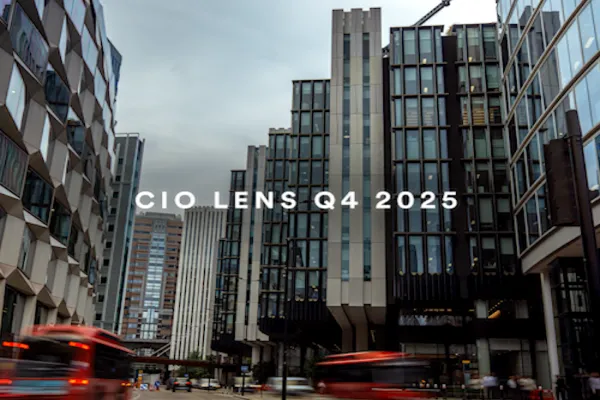Well-connected hedge fund managers are likely sharing their best ideas — and their networks are benefiting.
A new study from the University of Hawaii at Mānoa adds to a growing body of research suggesting that hedge fund managers exchange information with their networks, including new investments and trade ideas. Author and business school professor Harold D. Spilker III found that the portfolios of connected managers overlap by as much as 50 percent more than the average hedge funds. The amount of overlap was highest for managers with the strongest connections, suggesting that the shared trades came from social ties and not just similar investment philosophies, according to the study.
This information sharing seems to be beneficial for the hedge funds involved: When Spilker constructed value-weighted portfolios based on the overlapping holdings of managers who worked at the same firm at the same time, those portfolios delivered alpha of 1.11 percent per month, or 13.3 percent annually.
Spilker previously co-authored a study on hedge fund “families” like Tiger Management and its Tiger Cubs, which looked at portfolio managers who left hedge funds to start their own firms. Like Spilker’s new research, this study found evidence of information sharing among the hedge fund families, with a portfolio of coordinated family trades delivering annualized alpha of 7.32 percent.
[II Deep Dive: Hedge Fund ‘Cubs’ Share Information — And Alpha]
This time, Spilker looked at connections ranging from two managers who worked within the same hedge fund family to managers who worked alongside each other at the same firm for at least a year. He identified these social ties using a data set of over 500 hedge manager employment histories drawn from large U.S. pension consultants and funds of hedge funds.
Pairs of fund managers who previously worked for any fund within the same family had 47 percent higher portfolio overlap compared to the average. This figure increased to 50 percent for pairs with the strongest social connections. Similarly, connected managers were 59 percent more likely to coordinate on buy-trades and 82 percent more likely to coordinate on sell-trades during the average quarter.
“Results are stronger for fund pairs that have the longest dated relationships,” Spilker wrote. “The increase in portfolio overlaps and trades from weakest to strongest connection suggests that the social channel for information transfer is responsible.”







